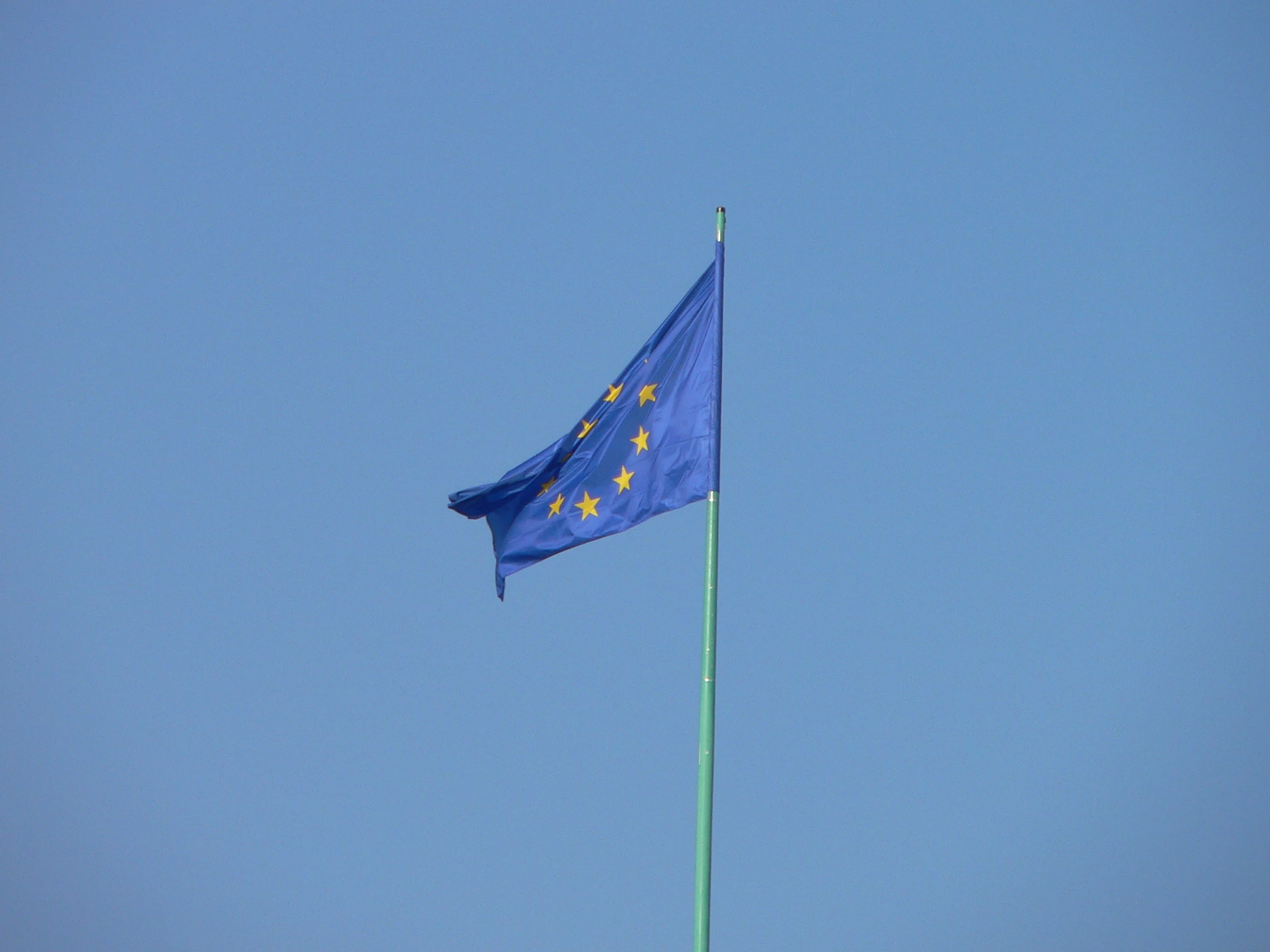
Government sends out Brexit update to UK businesses
Ahead of the UK’s departure from the European Union this week, the government has sent letters to all VAT registered businesses in the country.
In the letters, it sets out actions that businesses need to take across the next twelve months to ensure a smooth transition and maintain a good working relationship with overseas partners.
After 31 January 2020, the UK will enter an ‘implementation period’. During that period, overseas trading terms won’t change - meaning that customs, VAT and excise will all stay the same.
This implementation period will last until 31 December 2020, and during that time, the government will provide more guidance about the changes to follow.
After the implementation period, new rules will apply to trade between the UK and the EU, as well as other countries.
Once the UK is no longer part of the EU, businesses will need to make custom declarations for imports and exports to countries still in the EU.
The government advises that businesses ensure they have an Economic Operator Registration and Identification (EORI) number that starts with ‘GB’, to enable overseas trade after EU departure.
It also advises that businesses decide whether they will use a third party customs agent to make customs declarations or if they want to make the declarations themselves.
Finally, it announces that registration and use of Transitional Simplified Procedures (TSP) for imports from the EU are suspended, and that use of TSP will not be necessary between February and December 2020.
More updates will follow in the coming weeks.
Looking to promote your product/service to SME businesses in your region? Find out how Bdaily can help →
Enjoy the read? Get Bdaily delivered.
Sign up to receive our popular morning National email for free.








 Raising the bar to boost North East growth
Raising the bar to boost North East growth
 Navigating the messy middle of business growth
Navigating the messy middle of business growth
 We must make it easier to hire young people
We must make it easier to hire young people
 Why community-based care is key to NHS' future
Why community-based care is key to NHS' future
 Culture, confidence and creativity in the North East
Culture, confidence and creativity in the North East
 Putting in the groundwork to boost skills
Putting in the groundwork to boost skills
 £100,000 milestone drives forward STEM work
£100,000 milestone drives forward STEM work
 Restoring confidence for the economic road ahead
Restoring confidence for the economic road ahead
 Ready to scale? Buy-and-build offers opportunity
Ready to scale? Buy-and-build offers opportunity
 When will our regional economy grow?
When will our regional economy grow?
 Creating a thriving North East construction sector
Creating a thriving North East construction sector
 Why investors are still backing the North East
Why investors are still backing the North East